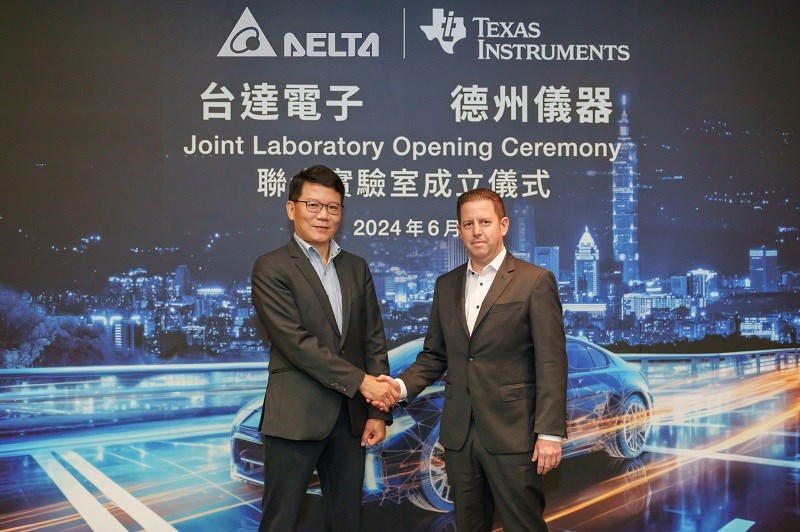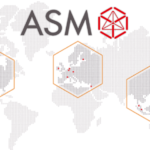ASIA ELECTRONICS INDUSTRYYOUR WINDOW TO SMART MANUFACTURING
Delta, TI to Work on Better Tech Exchange for EVs
Delta Electronics announced the establishment of a joint innovation laboratory with Texas Instruments (TI). Specifically, the joint lab will not only deepen the partnership of the two companies but will also enhance power density and performance of Delta’s own EV power systems.
TI will make use of its innovative technologies and ample experience in digital control and gallium nitride (GaN). On the other hand, Delta’s core competence will lie in high-efficiency power electronics. Thus, will ultimately strengthen its core competitiveness in the field of EVs.

Formidable Tech for a Sustainable Future
James Tang, Executive Vice President of Mobility at Delta, said the partnership will yield greater technological exchange. In addition, Tang, who is also the Head of its Electric Vehicle Solutions Group, said, “Through the establishment of this joint innovation laboratory with TI, Delta intends to leverage TI’s abundant experience and advanced technology in digital control and GaN. (That is), to enhance the power density and performance of our EV power systems.
Moreover, Tang said with more leading-edge product development and design capabilities, the collaboration will accelerate product development and improve product safety and quality. Thus, this will help Delta further its technology leadership and create a win-win situation in the rapidly developing EV market.
Meanwhile, Amichai Ron, senior vice president for Embedded Processing at TI said EVs is a key to a more sustainable future. For that reason, TI is leveraging its partnership with Delta Electronics to build a solid sustainable foundation.
“Together with Delta, we will use TI semiconductors to develop EV power systems like onboard chargers and DC/DC converters that are smaller, more efficient, and more reliable. (Thus), increasing vehicle driving range and encouraging more widespread adoption of electric vehicles.”
In response to the era of software-defined vehicles (SDV), Delta has built up joint labs with several international semiconductor companies. Specifically, focusing on automotive power electronics and digital control. Thus, helping meet the future innovation and higher requirements for power efficiency and safety in next-generation EVs.
Most importantly, the joint innovation lab with TI will accelerate the development and full validation of Delta’s automotive products. This will help international car manufacturers develop key architectures and layouts for next-generation EVs with better product quality than the competitors.
21 June 2024




